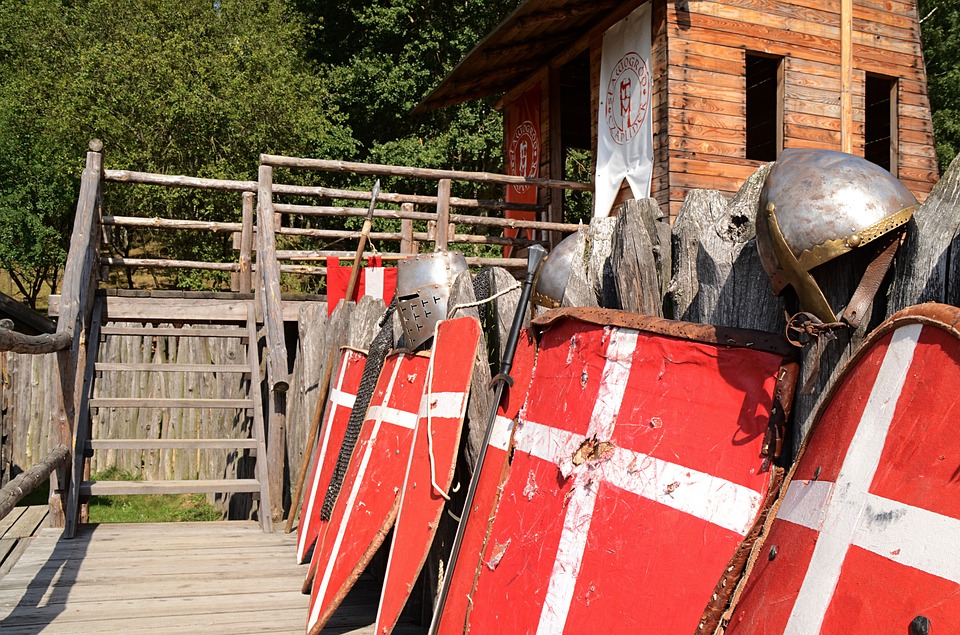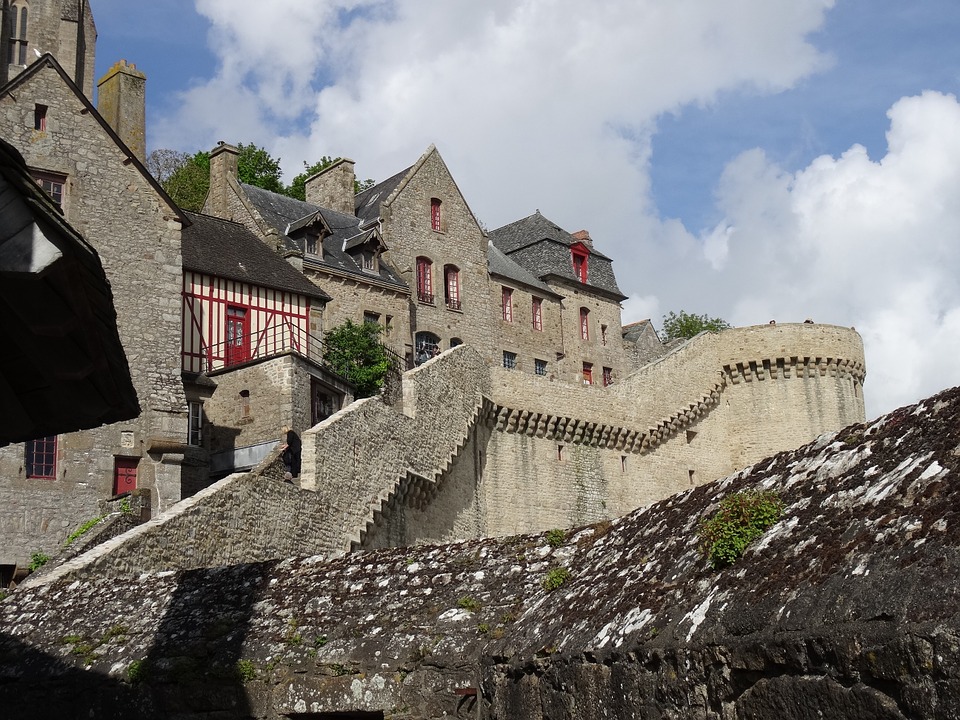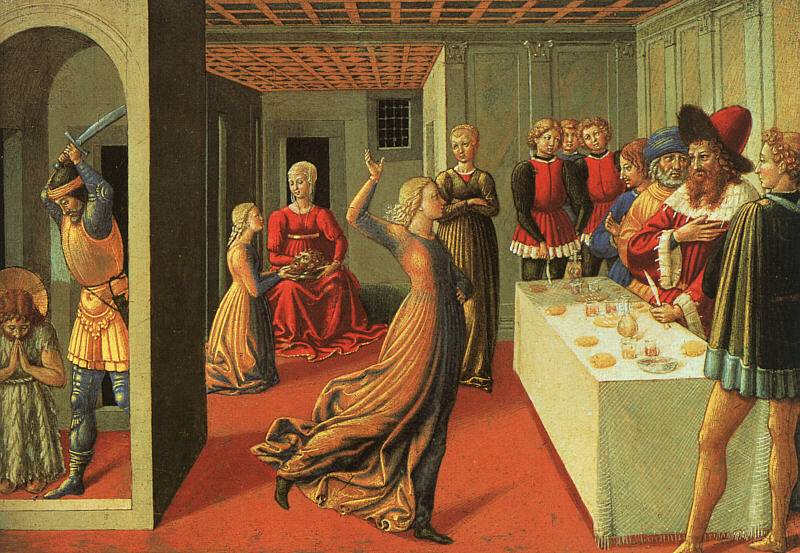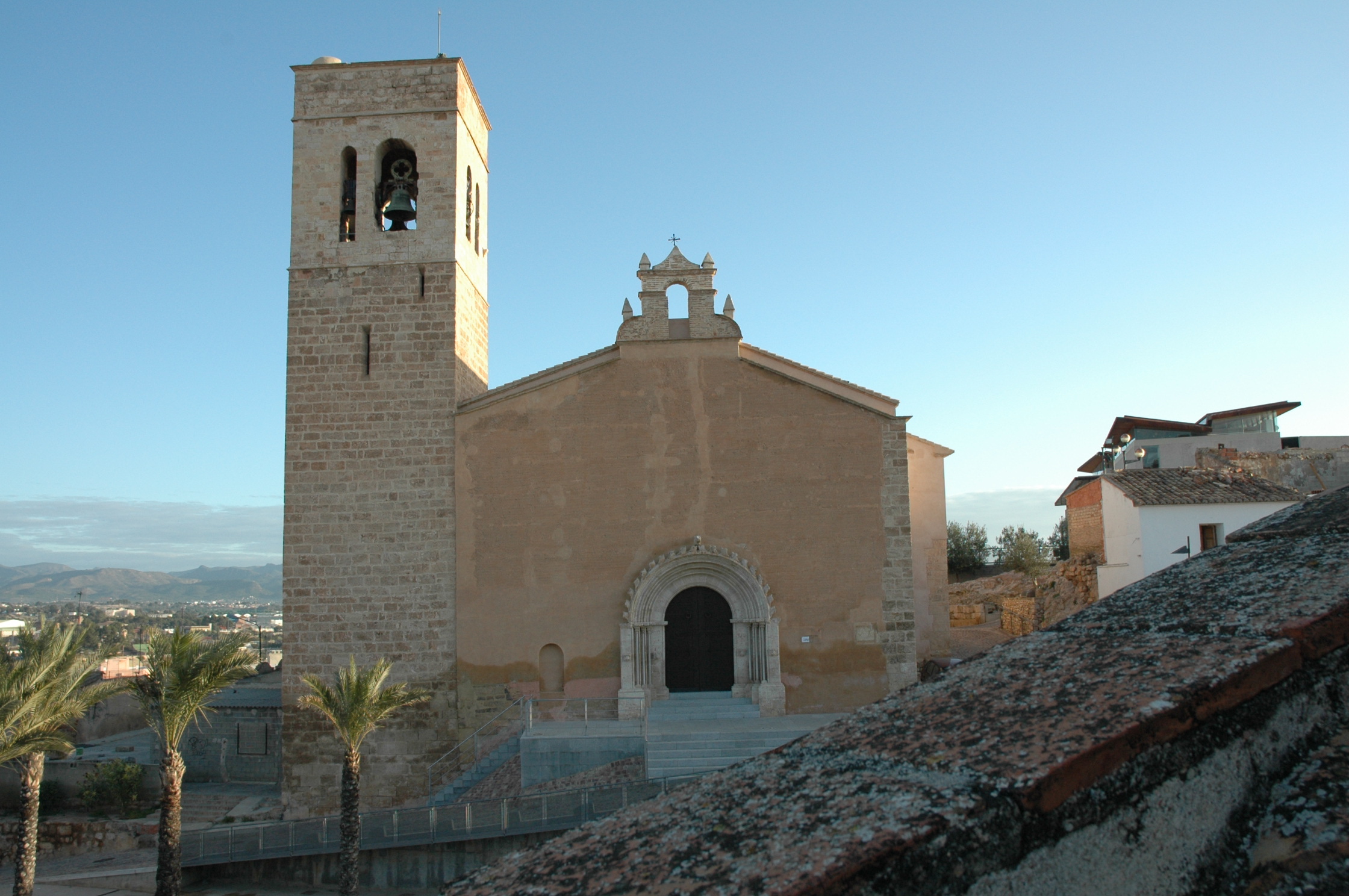
This historical period is the focus of the studies of this Master’s Degree in History of the Formation of the Western World
22 march 2016
Middle Ages is the historical period of the western civilisation between the 5th and 15th century. Its beginning is the year 476, the year of the fall of the Western Roman Empire, and its end came in 1492, when Columbus arrived to America. This is the most extensive time division, but the end of the Middle Ages is also record on 1453, year in which the Byzantine Empire fell, Gutenberg invented the printing and the 100 Year’s War ended.
This period comprises ten centuries, an enormous space of time, so at the same time is subdivided in Early Middle Ages and Late Middle Ages. Early Middle Ages comprises the period of the 5th century to the 10th century, a total of five centuries characterised by the struggle for the supremacy of the three contemporary empires: the Byzantine, the Islamic and the Carolingian Empires. Late Middle Ages covers a period with enormous repercussions and future projections: the established institutions in the period and the social values began to decline and started its institutionalisation as a measure to protect them.
Late Middle Ages at the same time is subdivided in High Middle Ages, from the 11st century to the 13th century, marked by the expansion of the feudal system, the emergence of the bourgeoisie and of new power institutions and the crisis of the Late Middle Ages, the two last centuries (14th-15th) that resulted in the decline of this period.

In the Master’s Degree in History of the Formation of the Western World of the Universitat de València, the Middle Ages are widely studied. The objective is that students know the different periods of the European culture from the fall of the Fall of the Western Roman Empire to the Renaisance. The consolidation of a Christian culture during the 4th-5th centuries, the renovation of the Carolingian period, the new university culture or Humanism, all of that connected with the history of the Church and the appearance of new spiritual trends. The Master’s Degree also focuses on the everyday life in the rural and urban world.
Subjects as ‘Market and markets in the Medieval West’, ‘Sociocultural minorities in the Late Middle Ages’, ‘Social organisation of the space: the construction of the medieval landscape’, ‘Power and taxation in Medieval Europe’, or ‘Production, exchanges and taxation in the Late Middle Ages’ are only some of the examples of subjects studied in this master’s degree.
The approach to the daily life, the knowledge of why the new institutions and specially the understanding of all the steps given by Western society in the Middle Ages and its direct effect at the present time are the main objectives of these studies.
Published by: Inés Luján









